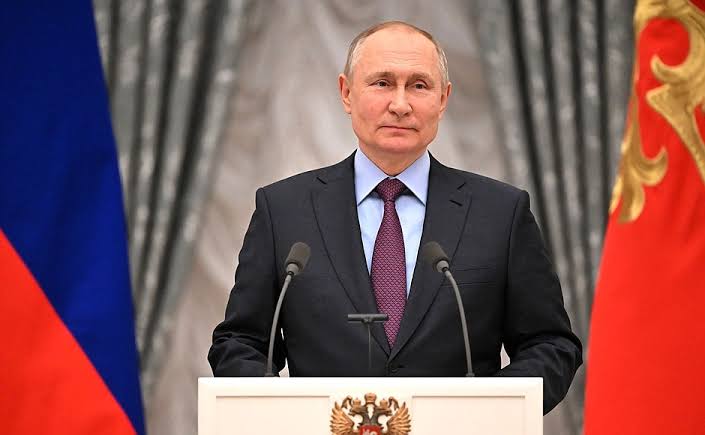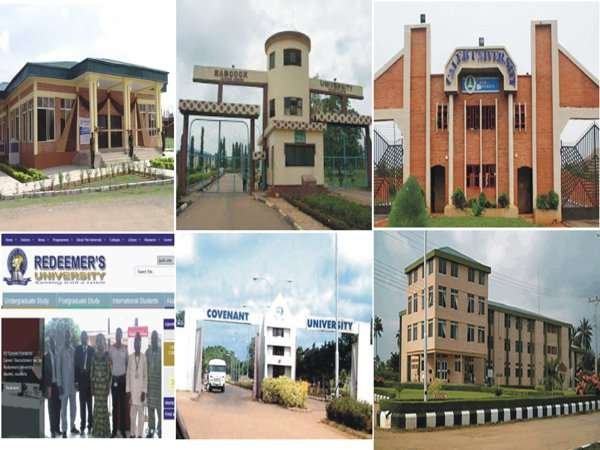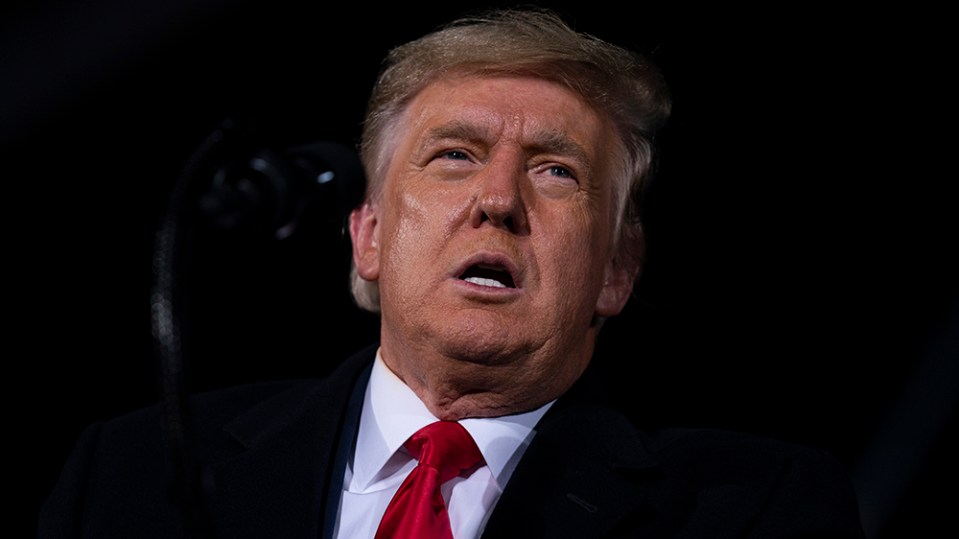Vladimir Putin has secured another six-year term as the Russian president, positioning him as the longest-serving leader in over 200 years.

The 71-year-old’s reelection was widely anticipated, given the absence of significant opponents, many of whom are deceased, incarcerated, or exiled.
Following his victory, Putin addressed supporters in a post-election news conference, emphasizing the democratic process and brushing off protests against the election.
“We have many tasks ahead. But when we are consolidated – no matter who wants to intimidate us, suppress us – nobody has ever succeeded in history, they have not succeeded now, and they will not succeed ever in the future,” Putin said.
The three-day election, which began on Friday, extended Putin’s 24-year rule within a tightly controlled environment, curtailing any public criticism of his administration or military actions in Ukraine.
According to Russia’s Central Election Commission, Putin secured 87% of the vote, with most ballots counted.
Communist candidate, Nikolai Kharitonov came in second with nearly 4%, followed by newcomer Vladislav Davankov and ultra-nationalist Leonid Slutsky.
Criticism of the election process surfaced from various quarters.
The White House expressed concern over the lack of freedom and fairness, citing Putin’s imprisonment of political opponents and his restrictions on potential rivals.
“The elections are obviously not free nor fair given how Mr. Putin has imprisoned political opponents and prevented others from running against him,” the White House’s national security council spokesperson said, according to Reuters.
Ukrainian President Volodymyr Zelenskyy denounced Putin as “addicted to power,” condemning his efforts to extend personal authority.
“There is no evil he will not commit to prolong his personal power,” Zelenskyy said
British Foreign Secretary, David Cameron criticized the voting procedures, highlighting the absence of choice for voters and the lack of independent monitoring by international bodies such as the Organization for Security and Cooperation in Europe.
“This is not what free and fair elections look like,” Cameron said on X.
Putin’s political journey began when he was nominated as acting president upon Boris Yeltsin’s resignation.
He subsequently won presidential elections in 2000 and 2004, briefly serving as prime minister in 2008 to bypass term limits.
Returning to the presidency in 2012, Vladimir Putin secured his fourth term in 2018, before his current winning which will see him rule until at least 2030.



















